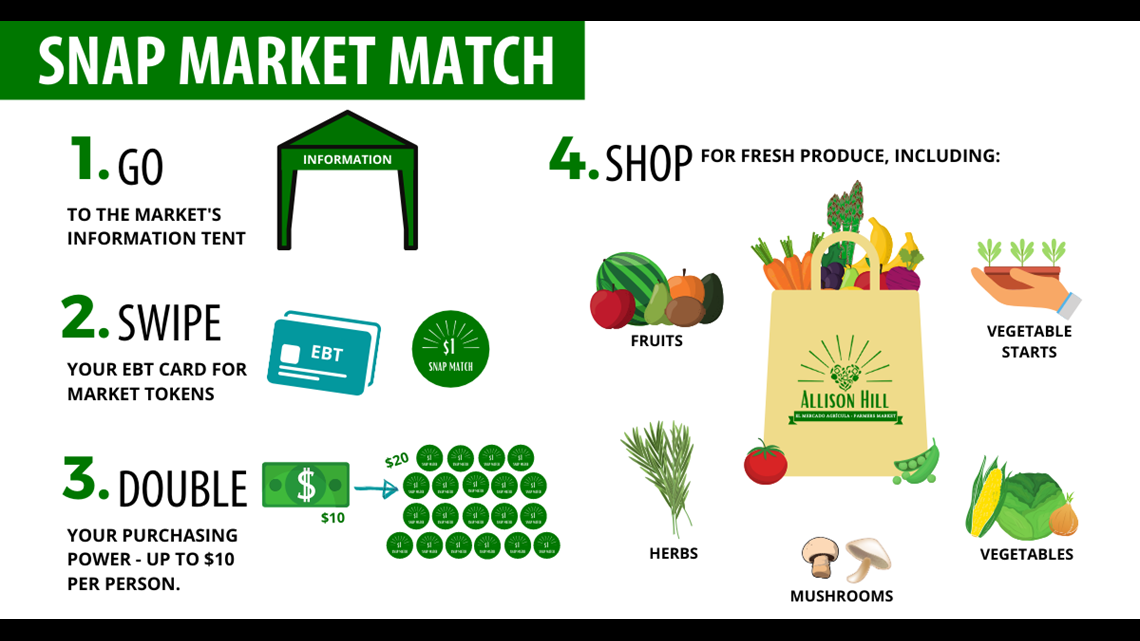HARRISBURG, Pa. — The Central Pennsylvania Food Bank is normally busy, regardless the time of year. There is a steady stream of volunteers helping to box nutritious and self-sustaining food for families stretching from the Maryland border, all the way up to New York.
Joe Arthur, executive director of the food bank, estimates that before the COVID-19 pandemic, about 12% of the region lived hungry, or was considered food insecure. However, since last March, when businesses closed and families were forced into quarantine, Arthur believes that number is as high as 18% locally.
Those numbers fall right in lie with national averages. A survey taken during the summer of 2020 by the U.S. Census Bureau found that around one in five families of color lived without sufficient food during the pandemic; around 19% of all Latino families and 22% of all Black families. The change in dynamics forced the staff at the Central Pennsylvania Food Bank to change how they operated. Whereas before they would put together "backpack boxes" for children in food insufficient families, "We needed to serve the whole family and not just the child," Arthur said.
Currently, the CPFB is distributing what they are calling "Crisis Response Boxes." Once a week, families in need will pick up boxes full of food they will use to make family meals; fresh produce, dairy, vegetables, frozen meats, bread, eggs, and pantry items like beans and cereals.
"That’s a big difference than a small backpack of child friendly food," Arthur said. "It’s a lot more and it’s conducive to making meals at home."
The Central Pennsylvania Food Bank is one of a number of local outlets helping fight hunger on the front lines of the pandemic. Located in what it calls a "food desert" in the heart of the South Allison Hill neighborhood of Harrisburg because it lacks nearby access to affordable, healthy food, Tri County Community Action works directly with local citizens to make sure families are fed.
Danielle Krebs, Communications Director for Tri County, says since the start of the pandemic, they've helped organize meal pick-ups and drop-offs in coordination with the Central Pennsylvania Food Bank. When the weather warms up, Tri-County hopes the community is once again active in one of the 14 community gardens set up across the city.
"What we try to do at Tri-County is believe in power self-sufficiency," Krebs said. "So that's one way we can grow nutritious food. We know where it's coming from, it's tangible that you take it home right away, and obviously it's low cost (to families)."
More information about the Harrisburg Urban Growers can be found here.
Krebs also says the Allison Hill Farmers Market will return in June for the 2021 season, providing inexpensive whole food to the community. The market is friendly to those using SNAP benefits and FMNP coupons. From its website:
The Allison Hill Farmers Market accepts Supplemental Nutrition Assistance Program (SNAP) EBT cards and we are working to recruit members to accept WIC-Farmers’ Market Nutrition Program (FMNP) and Senior Farmers’ Market Nutrition Program (SFMNP) vouchers. To better serve families in our communities, we created the SNAP Market Match which allows EBT recipients to double their purchasing power up to $10. Meaning, if you spend $10 of EBT credits, we will give you another $10 to spend.
Other forms of payment include: cash, major credit, and debit cards.



